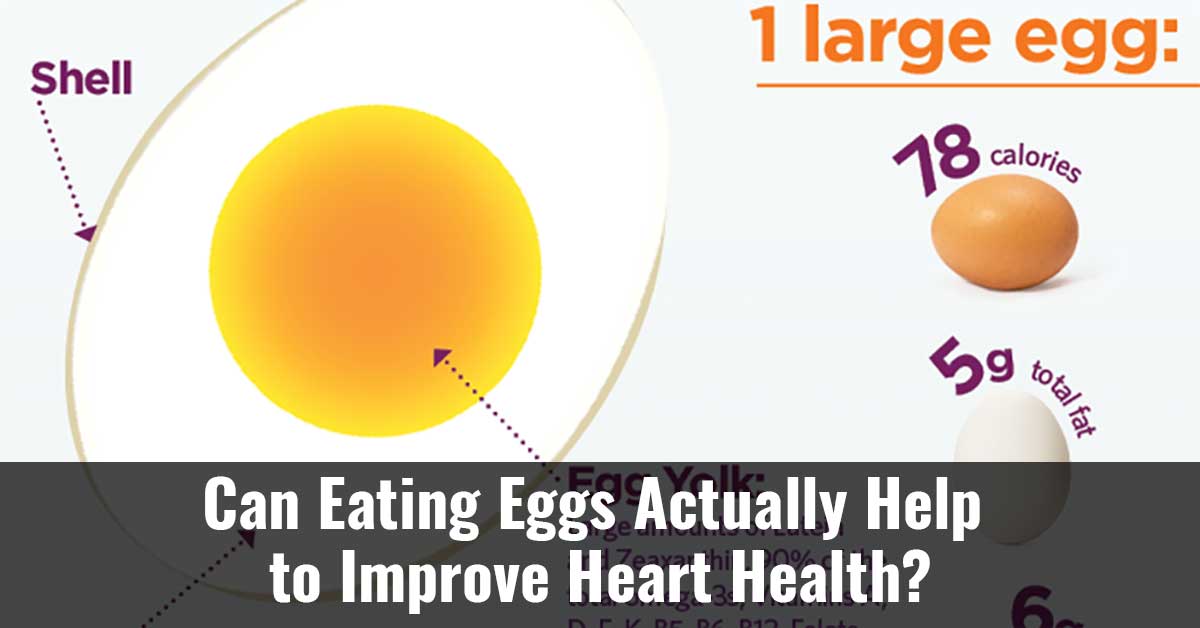Results of a study reveal that consuming 1 egg a day can improve the number of heart-healthy blood metabolites, which could to some extent explain the protective effect of moderate egg consumption on cardiovascular disease risk.1✅ JOURNAL REFERENCE
DOI: 10.7554/eLife.72909
Although eggs are an abundant source of dietary cholesterol, they also contain various essential nutrients. There’s conflicting evidence on whether or not egg consumption is harmful or beneficial to heart health. A 2018 study, which included about 500,000 individuals, discovered that people who consumed eggs every day (approximately 1 egg daily) had a significantly reduced risk of heart disease and stroke compared to individuals who consumed eggs less often. Now, to better understand this relationship, the authors of this work have conducted a population-based study looking at how egg consumption impacts markers of cardiovascular health in the blood.
According to the researchers, few studies have examined the part that plasma cholesterol metabolism plays in the connection between egg consumption and cardiovascular disease risk, so they wanted to further examine this.
The researchers selected 4,778 individuals, with 3,401 of them having a cardiovascular disease and 1,377 not having a cardiovascular disease. A technique was used known as targeted nuclear magnetic resonance for measuring 225 metabolites in plasma samples the researchers took from the blood of the study participants. 24 metabolites were identified that were linked to self-reported egg consumption levels.
Their analyses revealed that people who consumed eggs moderately had higher blood levels of a protein known as apolipoprotein A1, which is a building block of the ‘good lipoprotein’ HDL. These people had significantly more large HDL molecules in the blood that help in clearing cholesterol from the blood vessels and consequently protect against blockages that can result in stroke and heart attacks.
14 other metabolites that are associated with heart disease were also identified. It was discovered that individuals who consumed less eggs had lower beneficial metabolite levels and higher harmful metabolite levels in their blood in comparison to individuals who consumed eggs more regularly.

Image Source – upmc



